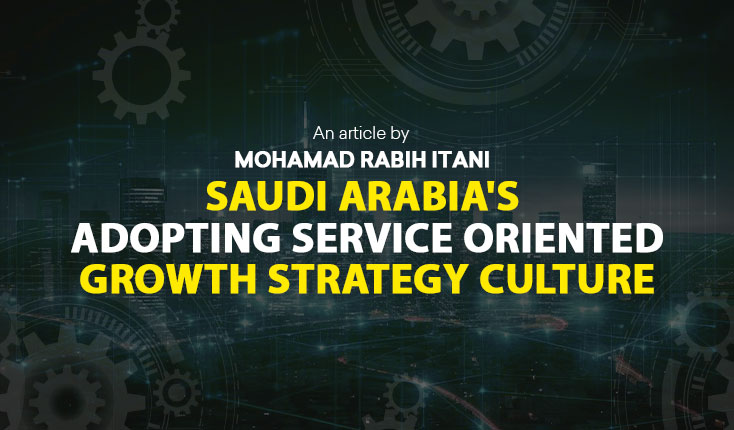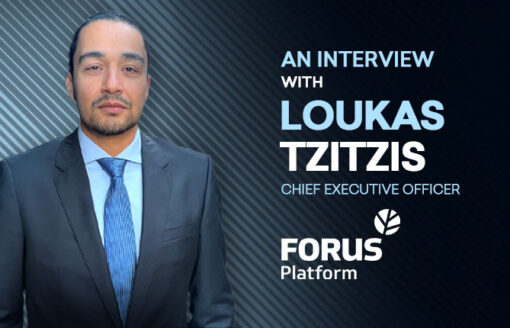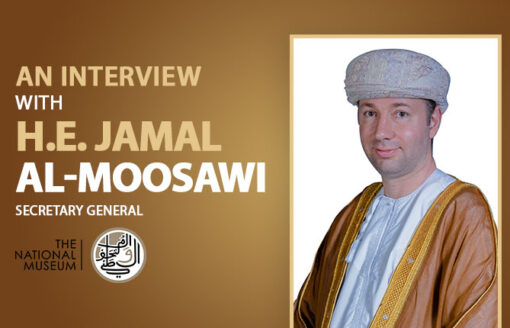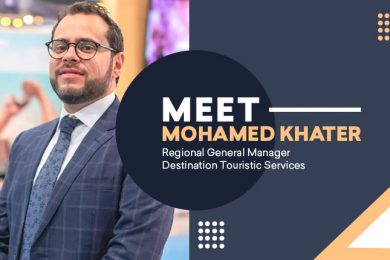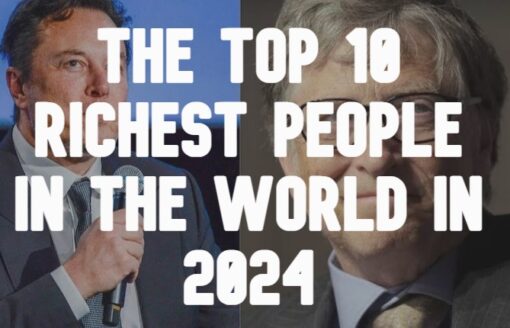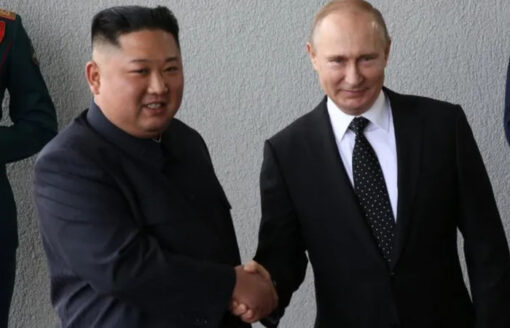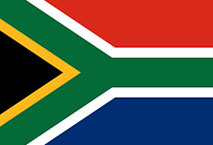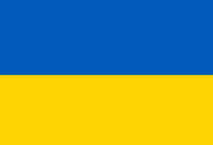The importance of providing outstanding customer service in the fast-paced, connected world of today cannot be overstated. It can alter economies, enterprises, and a society’s general well-being. An atmosphere where people and organisations prioritise the needs and happiness of their customers is fostered by a Service-Oriented Culture. When it comes to Saudi Arabia, a Service-Oriented Attitude welcomes service as a chance for achievement and progress rather than seeing it as merely a duty. Every element of society is impacted by this concept, including governmental and private institutions, small and big enterprises, and organisations.
In this article, I will explore the various aspects of a service-oriented culture, as well as how Saudi Arabia may embrace and foster it.
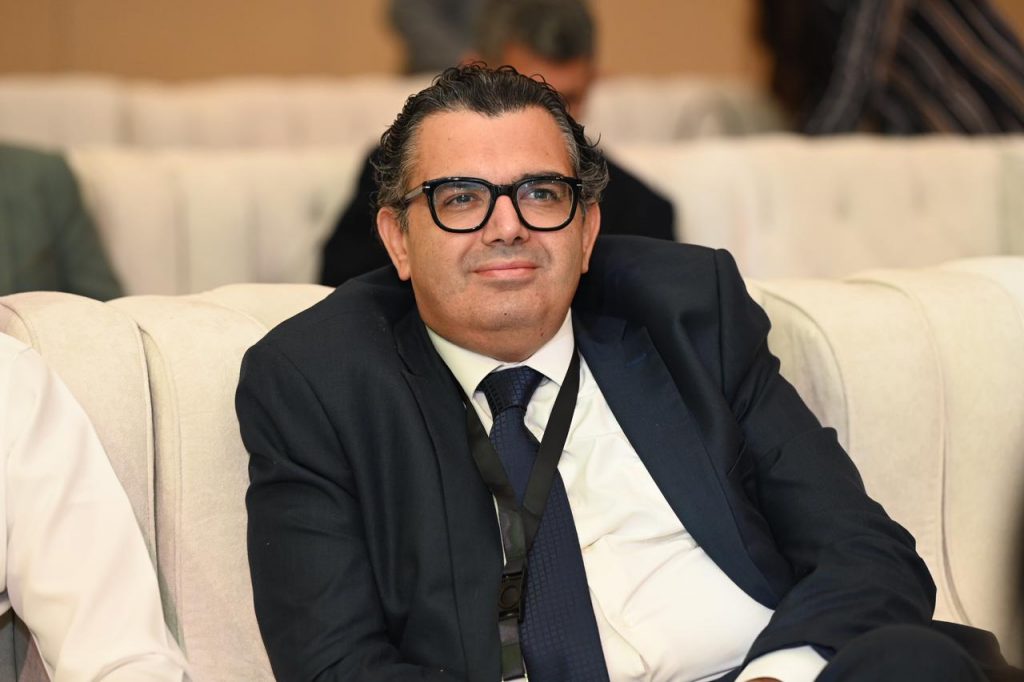
Saudi Arabia’s Evolution to a Service-Oriented Nation
World’s Eighteenth Largest Saudi Arabia’s Economy has always been primarily driven by its oil sector. The nation has been working hard in recent years to become a service-oriented one. The government has realised that it must diversify its sources of income and lessen its reliance on oil, particularly considering the volatile price of oil and the worldwide trend towards renewable energy.
Vision2030: A Service Blueprint Aiming for Saudi Arabia
The Saudi Arabian government unveiled Vision2030, an ambitious long-term plan to change the nation’s economy and society. The creation of a Saudi Arabia that is service-oriented is the main objective of this plan. The strategy is centred on growing important industries including entertainment, tourism, healthcare, and education to increase the nation’s economic diversification and competitiveness. Vision2030 seeks to raise Saudi Arabians’ standard of living, draw in both global and domestic investment, and provide jobs for Saudis.
Top 6 Government Initiatives
The government has put in place several initiatives and reforms to accomplish this goal, such as easing restrictions on foreign investment, launching new cultural and entertainment ventures, building out the infrastructure for tourism, and encouraging innovation and entrepreneurship.
1. Fiscal Sustainability Program
The Fiscal Balance Programme aims to monitor and forecast financial performance to maximise oil and non-oil revenues, increase the efficiency of government spending, and manage related risks, while maintaining appropriate financial reserves and a long-term high ability to borrow from domestic and international markets in accordance with the mid-term Public Debt Strategy.
The Ministry of Human Resources and Social Development (HRSD) contributes to programme objectives through three initiatives:
- Completed Project: Citizen Account Initiative (Transfers from Eligible Individuals)
- Completed Project: Expatriate Financial Equivalent
- In Progress Project: Citizen Account Initiative (Operational)
2. Pilgrim Experience Program
The Pilgrim Experience Program’s mission is to enable as many Muslims as possible to completely conduct Hajj and Umrah, as well as to focus on enriching and upgrading their experience. This is accomplished via the continuous expansion of the Two Holy Mosques and rejuvenation of the adjacent neighbourhoods, the preparation of tourism and cultural sites, and the provision of the best services before, during, and after their journey to Makkah and Medina and the Holy Sites. In addition to servicing the Two Holy Mosques and pilgrims, the duty entails portraying Saudi Arabia’s honourable and civilised image. This effort addresses:
- Endowments for Pilgrims are being activated and developed to facilitate and organise voluntary activity for pilgrims in Makkah and Madinah.
- Creating a Governance Framework for the Nonprofit Sector Pilgrims Service Activating Contribution and Organisation.
- Activating the Non-profit Sector’s Assignment of Government Services for Pilgrims.
- Increasing the capacity of the non-profit sector and improving coordination and integration.
3. Human Capability Development Program
The Human Capability Development Programme strives to provide Saudi nationals with the necessary capacities to compete worldwide by establishing values, improving fundamental and future skills, and expanding knowledge. The programme focuses on creating a solid educational foundation for all residents to teach values at a young age, while also preparing kids for future local and global labour markets. It also focuses on upskilling residents through lifetime learning opportunities, encouraging an entrepreneurial culture, and formulating and implementing policies and enablers to ensure Saudi Arabia’s competitiveness.
Saudi Arabia placed 14th in the number of COVID-19 publications because of this campaign. Currently, the Ministry of Human Resources and Social Development (HRSD) contributes to the Program’s accomplishment through five metrics and 15 initiatives.
4. Quality of Life Program
The Quality-of-Life program seeks to improve the quality of life for individuals and families in Saudi Arabia by establishing the required environment for the development and support of new liveable and lifestyle alternatives. These possibilities will increase citizens’ and residents’ engagement in cultural, sports, and entertainment activities that improve the individual and family’s quality of life. Such diversified alternatives will have their own economic and social effect by providing employment, diversifying economic activity, and, as a result, elevating Saudi cities’ rankings among the world’s best liveable cities.
The Ministry of Human Resources and Social Development contributes to programme goals through one indicator and one initiative, which are as follows:
- Expatriates Satisfaction with Living Conditions Indicator
- Initiative for Development of Expatriate-Specific Services and Issuance of Service Manual
5. Housing Program
The Housing Program seeks to create housing alternatives that allow Saudi families to own and profit from appropriate residences based on their specific requirements and financial capabilities. In addition, the programme aims to enhance housing circumstances for present and future generations by providing acceptable and assured financing alternatives. This is in addition to growing the supply of affordable housing units in record time and implementing programmes aimed at securing homes for the societies needy. Furthermore, it creates and strengthens the legal and regulatory framework for the housing industry, maximising the sector’s total economic effect.
The Ministry of Human Resources and Social Development (HRSD) supports the Housing Programme by encouraging businesses to contribute to housing as a social responsibility.
6. National Transformation Program
The National Transformation Program aims to achieve governmental operational excellence, improve economic enablers, and raise living standards by accelerating the pace of basic and digital infrastructure project implementation, engaging beneficiaries in identifying challenges and developing solutions, as well as their contribution to implementation, and evaluating the performance of programme initiatives.
The Ministry of Human Resources and Social Development (HRSD) leads the National Transformation Program’s 12 objectives, which are dispersed among sectors and entities and are related to 24 indicators and 69 projects, which are as follows:
- Effectively Recruiting the Right Global Talents
- Empowering Citizens Through the Social Services System
- Empowering Disabled People in the Labour Market
- Encouraging Volunteerism
- Enhancing Corporate Social Responsibility
- Improving Government Staff Productivity
- Improving the Effectiveness and Efficiency of Social Services
- Improving Work Conditions for Expatriates
- Increasing Women’s Involvement in the Labour Market
All things considered, Vision2030 offers a thorough strategy to move Saudi Arabia from an oil-dependent to a service-oriented economy, promoting long-term economic expansion and enhancing the general welfare of its people.
In addition, the Saudi government is making significant investments in the development of human capital, with an emphasis on education and training initiatives to provide workers with the skills required for a service-oriented economy.
Investing in Human Capital: The Secret to the Service-Driven Revolution
A competent and well-trained personnel is essential to the success of any industry that provides services. The development of the skills and knowledge needed for the service sector is at the government’s top priority when it comes to funding education and training initiatives.
Saudi Arabia can guarantee the availability of a competent labour force capable of delivering high-quality services by offering high-quality education and vocational training. Furthermore, as it fosters the creation of fresh concepts and technological advancements in the service industry, supporting research and innovation will further improve the nation’s human capital.
Conclusion: A Bright Future as a Service Powerhouse for Saudi Arabia
Saudi Arabia has the potential to become a major player in the services sector throughout the world with the correct investments and strategic initiatives. Its robust economy, welcoming business climate, and dedication to diversification make it a desirable location for enterprises focused on providing services.
Saudi Arabia can quicken its shift to a service-driven economy by investing in human resources, cutting red tape, encouraging entrepreneurship and innovation, and building cutting-edge infrastructure. This will improve the standard of services offered to both domestic and foreign clients in addition to generating new job possibilities.
The nation can diversify its economy, lessen its dependency on oil, and promote sustainable economic growth if it keeps investing in the service sector. It is possible to achieve Saudi Arabia’s goal of becoming a preeminent worldwide centre for services, which bodes well for the nation and its people.
Author Bio:

Mohamad Rabih Itani is currently Partner – Sales & Marketing Projects at Knight Frank Saudi Arabia. His diverse engagement in Saudi Arabia and various countries enabled him to gain in-depth knowledge of the local, regional, and global real-estate industry. He has successfully planned and launched master-planned communities in KSA as well and established several companies across select countries. He regularly publishes articles about the real estate industry. Mohamad has a Master’s of Global Smart City Management – University of Barcelona and a MSc. Business Management from the Lebanese American University.
